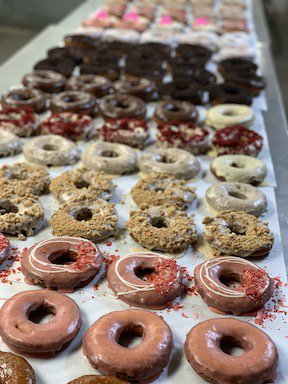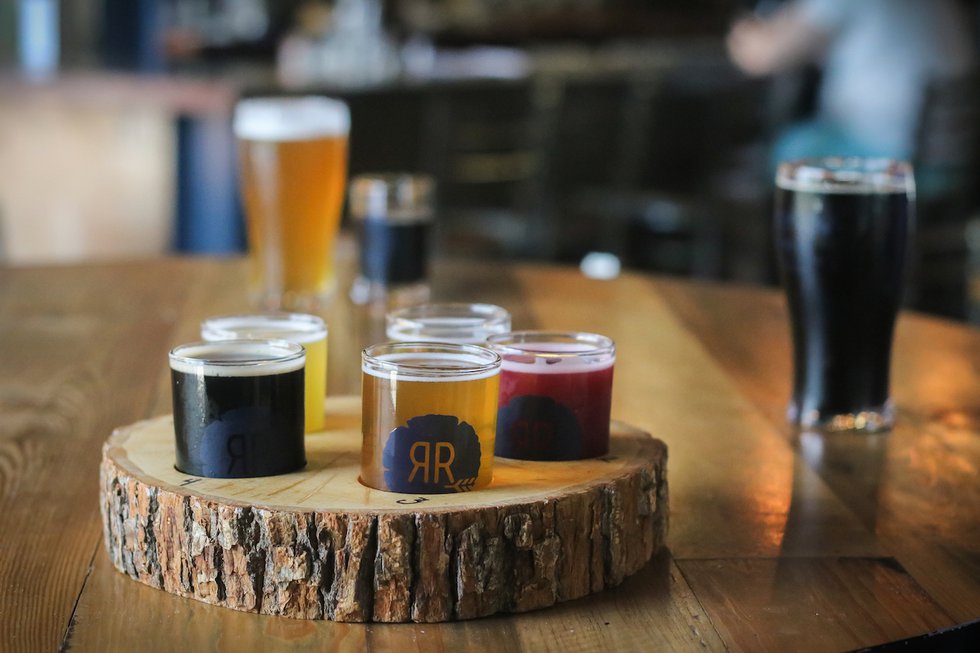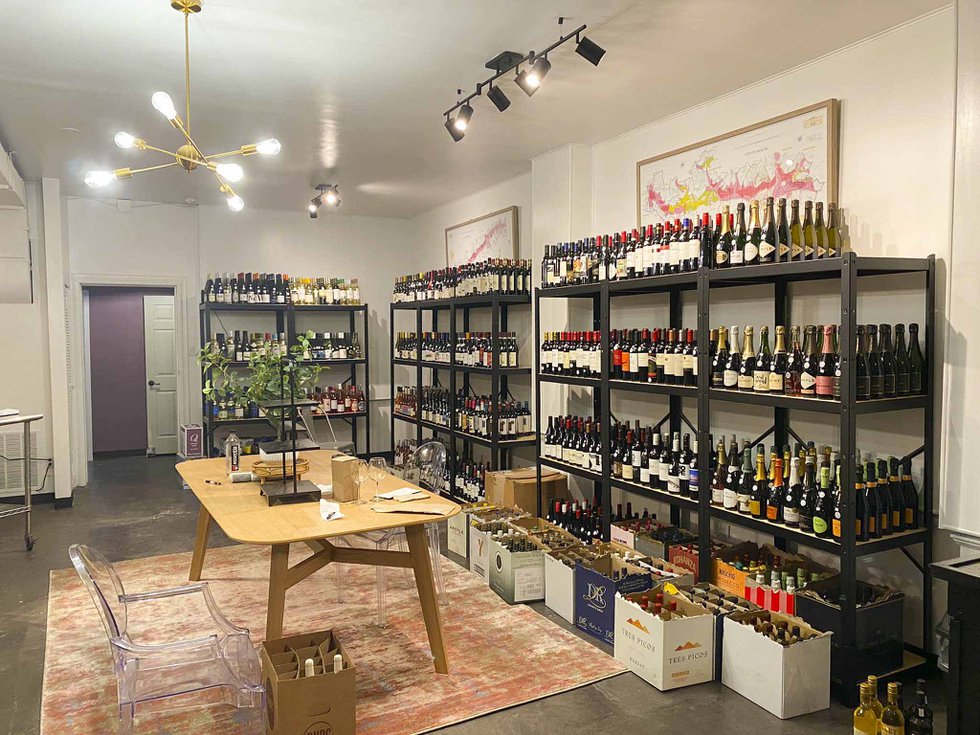“Virginia” and “barbecue” were once synonymous. Is it time we demand our due?

Is Virginia the true motherland of Southern barbecue?
If you want to say it isn’t, you should be prepared to go toe-to-toe—and footnote-to-footnote—with Joseph Haynes, author of Virginia Barbecue: A History. Across 236 exhaustively documented pages (and another 42 of notes), Haynes lays out the historical foundations supporting his argument that “the only unbroken line of Southern barbecue history begins in Virginia.”
In his book, Haynes (a lifelong Virginian, award-winning competition barbecue man, and master barbecue judge) argues that “what we call Southern barbecue today” was born when English colonists in Virginia married a basic vinegar-fat-salt-and-pepper sauce to a Powhatan Indian method of cooking meat on a raised platform over a bed of hot coals, and dubbed it with a name drawn from the Spanish by way of Haiti.
Food writer Robert Moss, in his Barbecue: The History of an American Institution, offers additional evidence in support of Haynes’s position. Noting that once established, the Virginia colony had plenty of pigs, and a social milieu where feasting was popular and hospitality and entertaining were important pastimes for the land-owning elite, he writes that “the colony was perfectly positioned to become the birthplace of American barbecue.”

Far from today’s casual vibe of church picnics and family reunions, barbecues then were a signifier of status. Leni Sorensen, formerly the African-American research historian at Monticello, points out that barbecuing one or more whole pigs for your guests meant that “you were making a statement, and pretty much everybody understood the statement, because it was amazingly extravagant.” The generosity and the hospitality embodied in such extravagance “were considered the defining traits of a gentleman,” writes Moss, and both Moss and Haynes note that George Washington recorded in his diary a series of barbecues attended as well as one he hosted.
Many of the first great pitmasters were enslaved African-Americans, and though their names went unremarked, Moss writes that they “played a formative role in developing the techniques and recipes of Southern barbecue.” Southern barbecue spread south and west with the colonies and then the nation, and following emancipation, it was black Americans, says Moss, who brought that barbecue tradition to places like Memphis, Kansas City, Chicago and Houston.
By the 19th century, barbecue had shed its elite status to become the favored feast for Southern political campaign events, Fourth of July celebrations, and other community and social gatherings. But well past that point, according to Haynes, Southern barbecue continued to be strongly associated with Virginia. Haynes says he has “reams of quotations” referencing Virginia barbecue, and Virginia’s fame for barbecue, from the early 1800s through the middle of the 20th century.
So what happened? If Virginia was the cradle of Southern barbecue, why don’t we hear ourselves mentioned along with the likes of North Carolina, Memphis, St. Louis and other barbecue destinations?
“That is the $20,000 question,” says Haynes. Maybe other barbecue epicenters made a more concerted marketing effort. Or maybe Virginia was so synonymous with barbecue for so long that it never occurred to anyone here that we’d ever need to name and claim it.

“Like when you go to China you don’t order ‘Chinese food,’ you just order food,” says Haynes. “In Virginia you order barbecue.”
But Haynes is on a mission now to restore Virginia to its rightful pride of place; wherever around the Commonwealth he finds people cooking authentically Virginia barbecue (and not some polyglot mashup of Southern styles, a trend he decries), he urges them to promote it accordingly.
And what exactly is “authentically Virginia” barbecue? To make it Southern, Haynes says, it must be cooked “low and slow”—for a long time over real hardwood coals—until it’s pull-tender and flavored from the smoke. To make it Virginia, it must be pork, beef or chicken, and it should be served with—or basted while barbecuing and then served with—a sauce that, while not so astringent as Eastern North Carolina style, still has a distinct vinegar tang. Varying by four broad regions around the state, that sauce might also feature a hint of mustard in the Southside/Tidewater area, sweet herbs and celery seed in the Shenandoah Valley and mountains, sweet spices in central Virginia, or a sweeter, tomato-based flavor in northern Virginia.
Haynes says there are plenty of places around the Commonwealth serving real Virginia barbecue, from a venerable institution like King’s in Petersburg, to the unassuming Paulie’s Pigout in Afton or Ace Biscuit & Barbecue in Charlottesville, to relative newcomers like 1752 Barbecue in Woodstock.

At the Apple House, in Linden, George McIntyre has been cooking pork barbecue for more than 40 years. He thinks the wood—oak and hickory and cherry—and the smoke, and patience are all essential. “It’s a slow process. It takes time to do it right,” he says. “There is no instant seasoning.”
And at the recently-opened Piedmont Smokehouse in Maidens, dedicated to takeout-style pulled-pork barbecue, owner Chris McPherson says Haynes has motivated him to “really stay true to Virginia-style barbecue.”
“I call myself a ‘porcine evangelist,’” says Haynes. “This is our culinary history, and we need to be proud of it.”
Big on the Pig
Read up on even more barbecue news from around the Commonwealth: Tools of the Trade - These 7 smokin' products help you step it up at your next tailgate or barbecue. Quick Bites - Quick bites from the BBQ kings of Petersburg to the best booze and ‘cue in Lynchburg, news from the pit. The Zen of Barbecue - Celebrity pitmaster Tuffy Stone.









